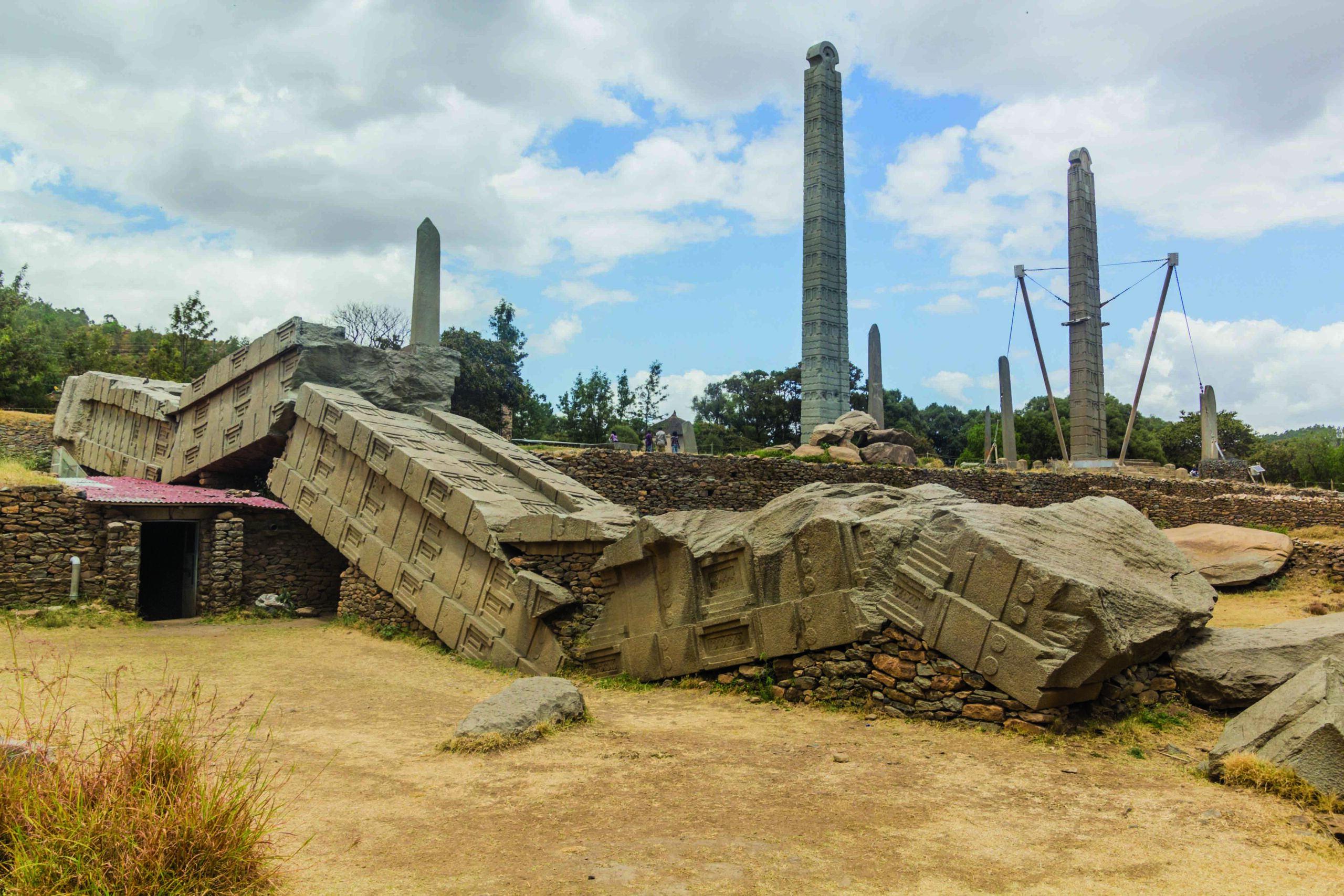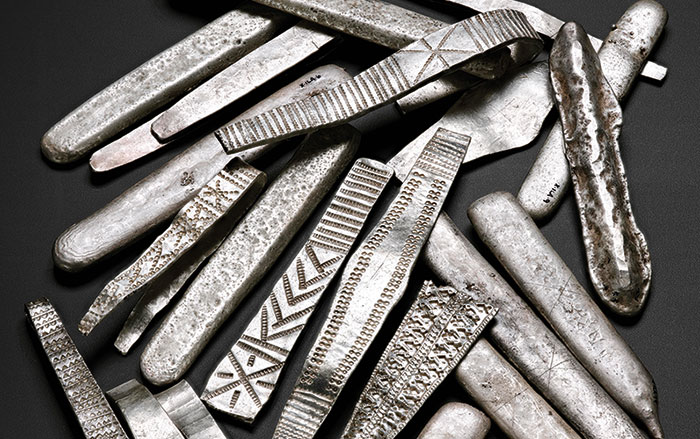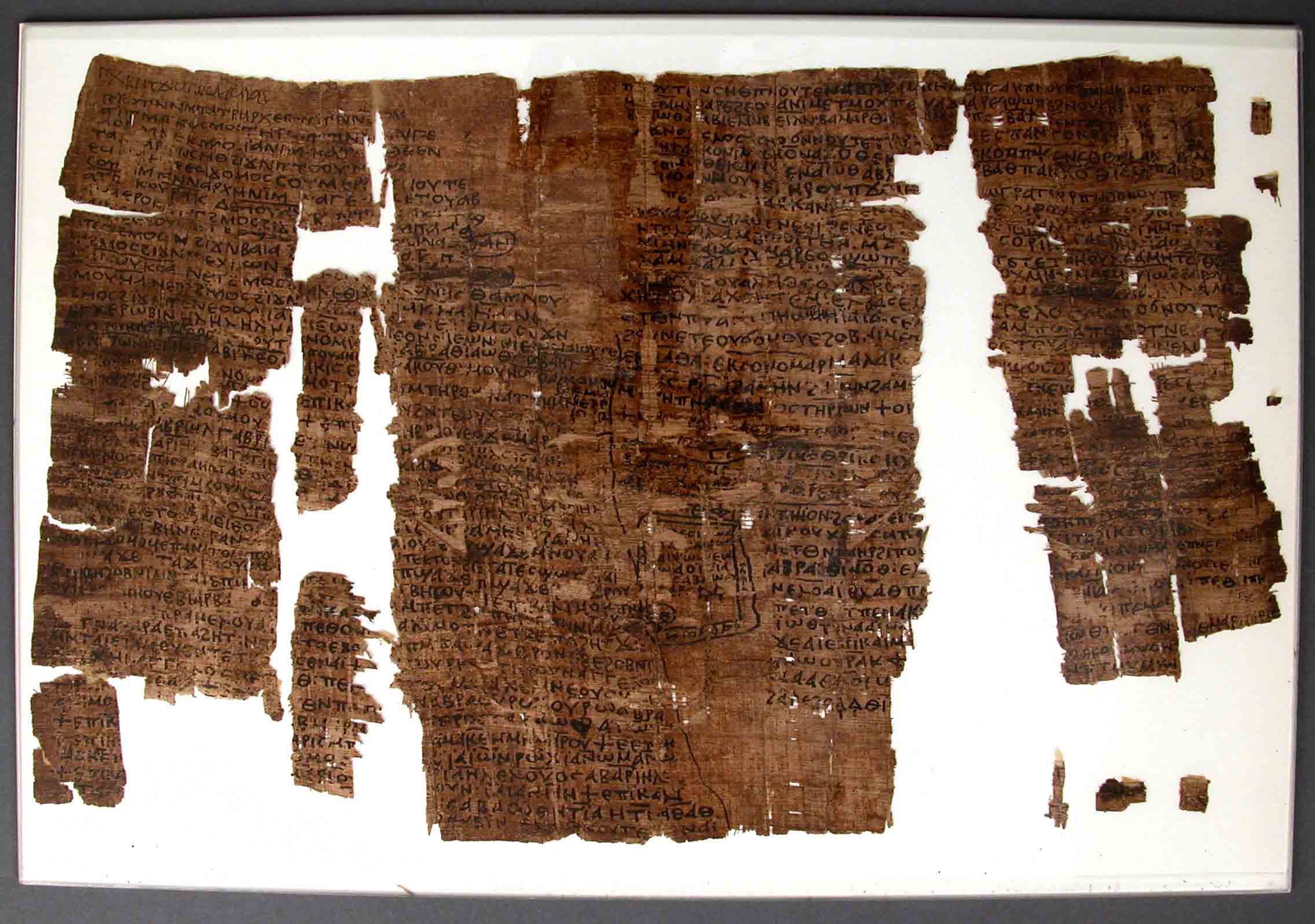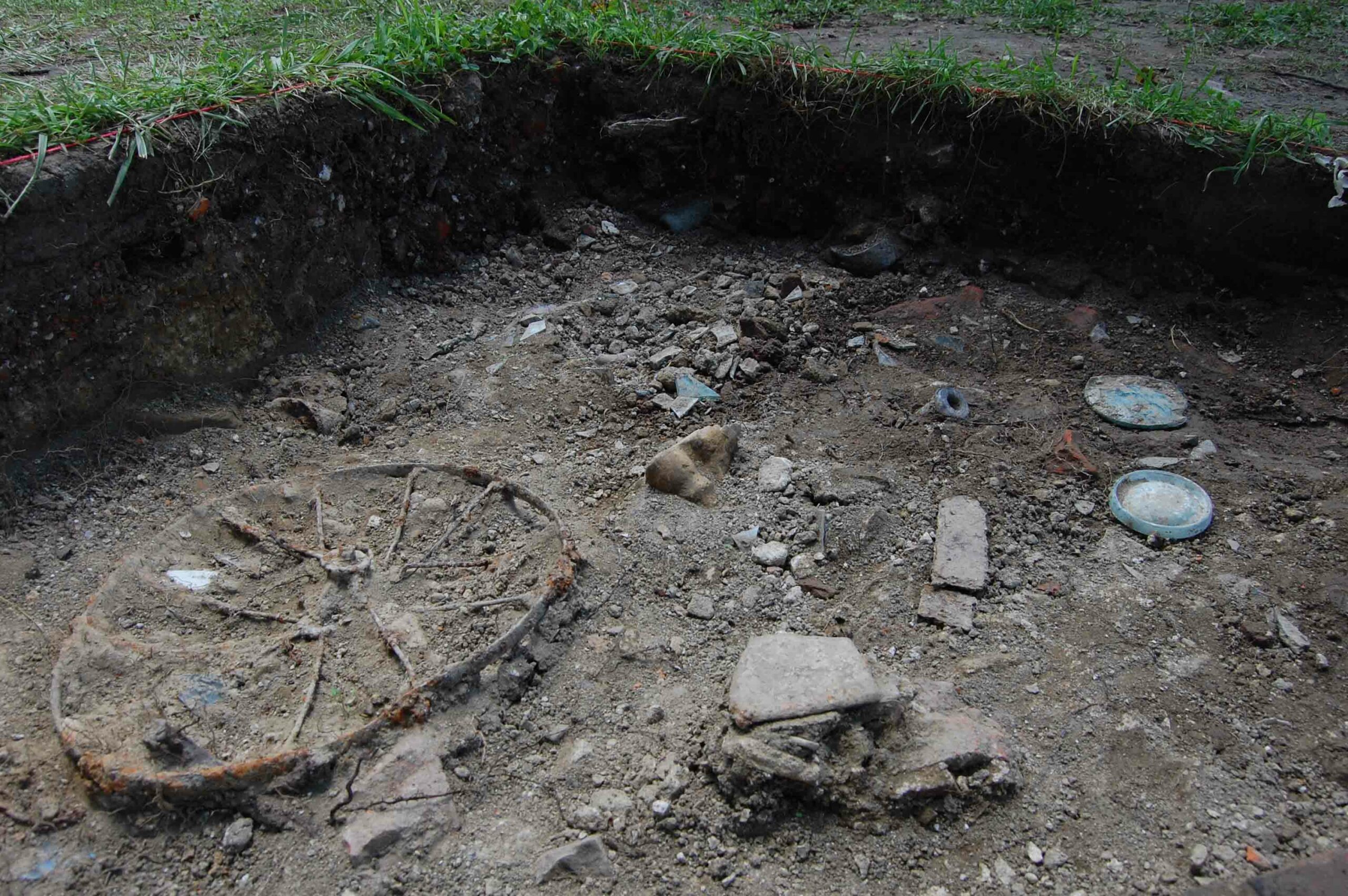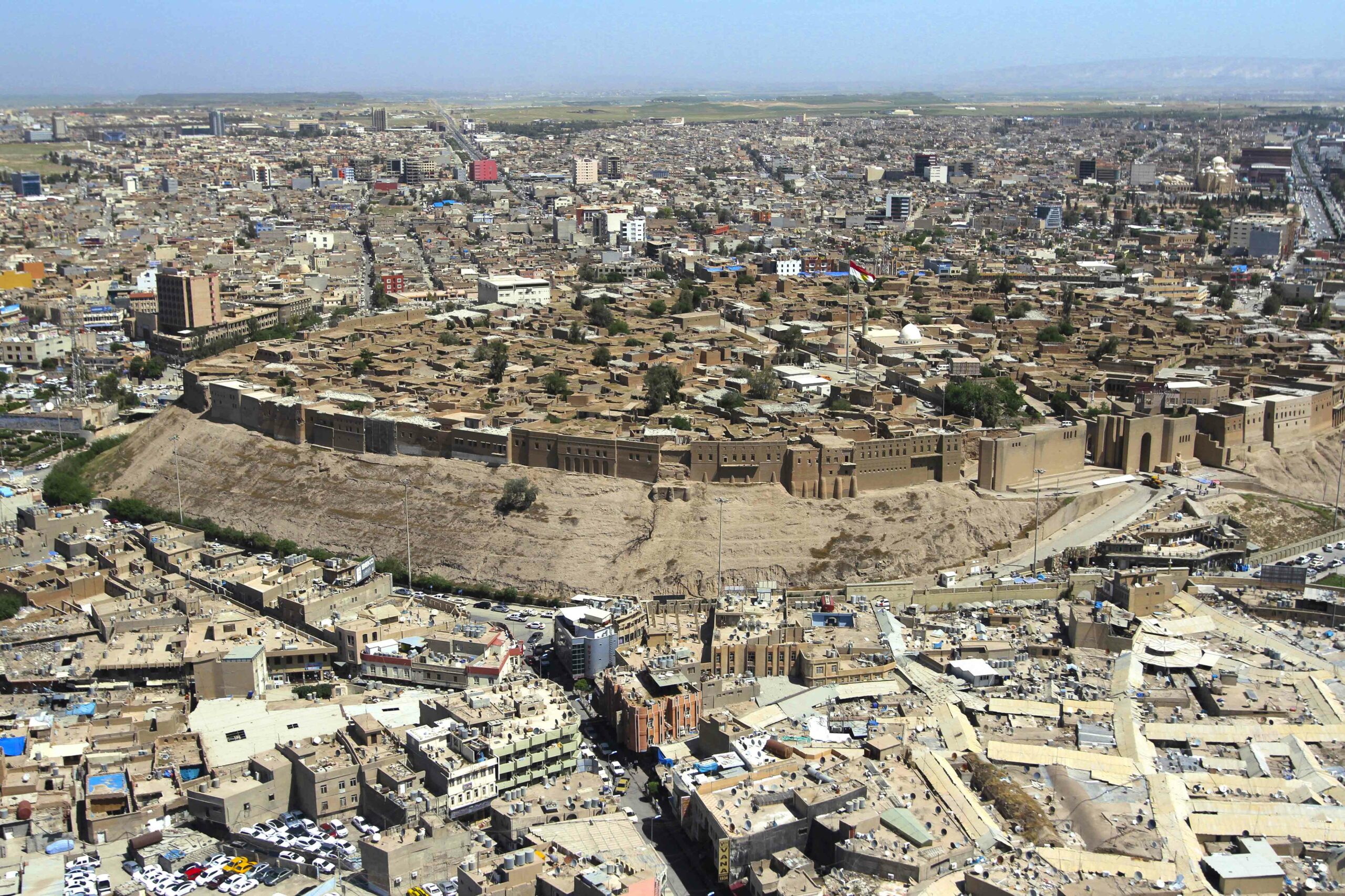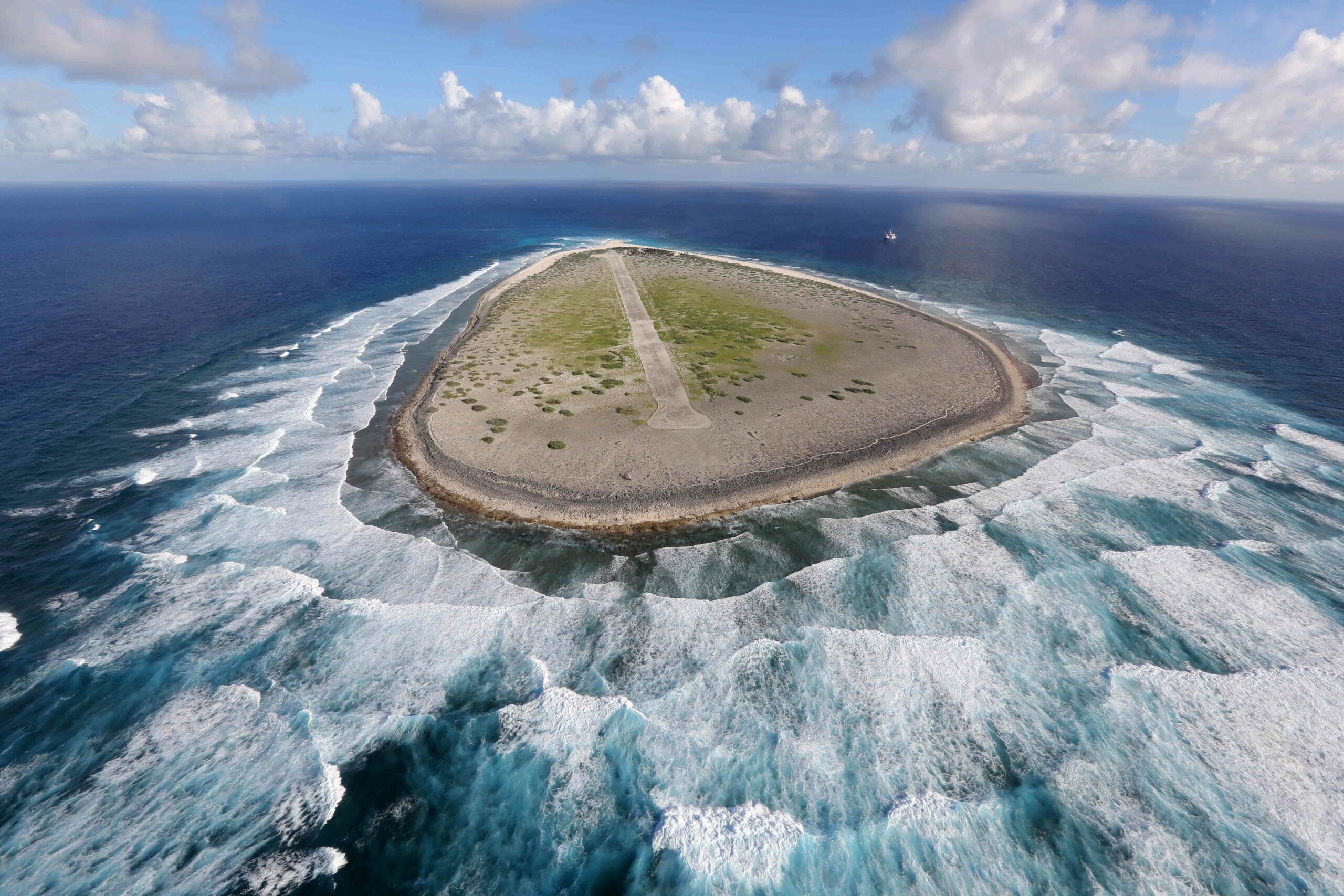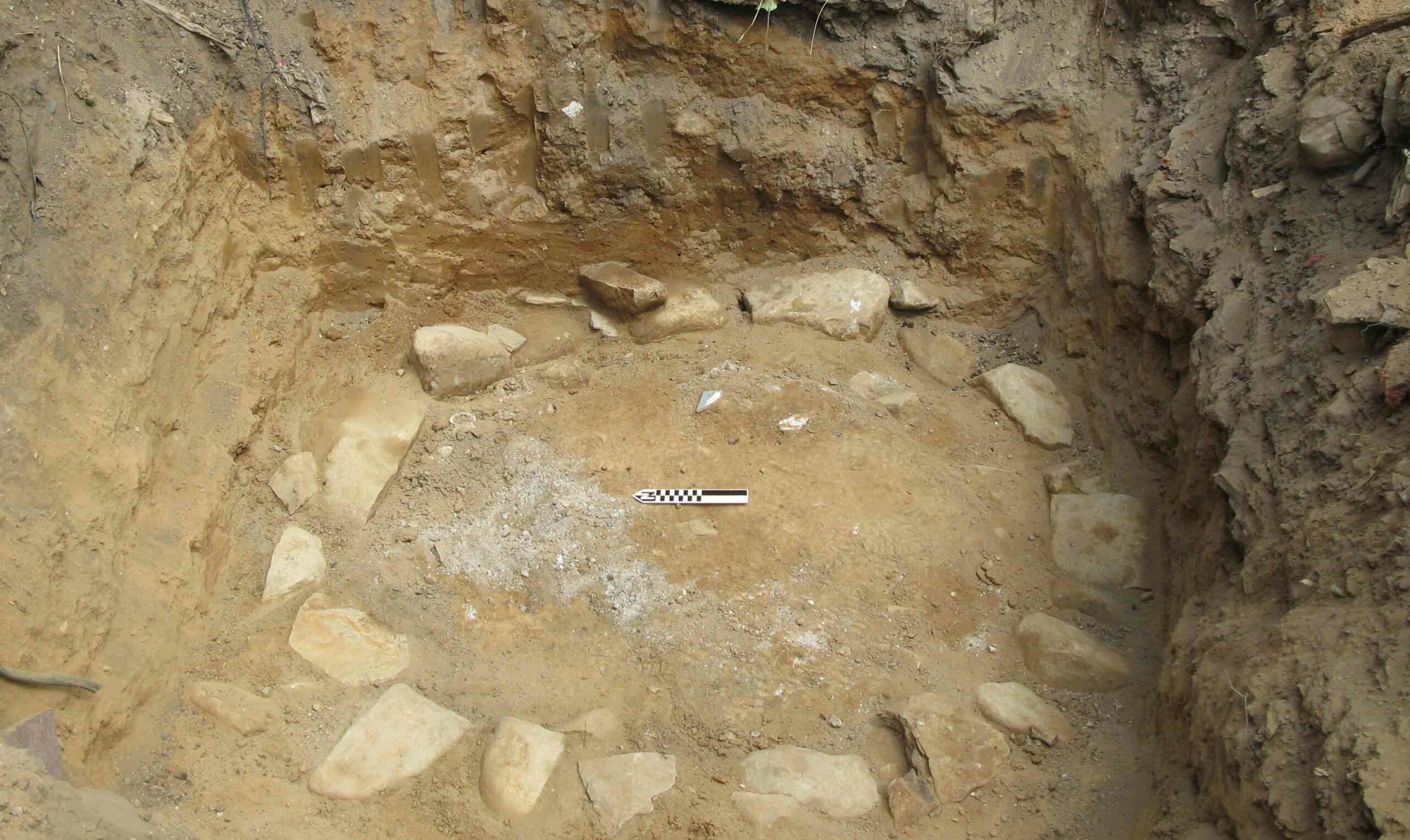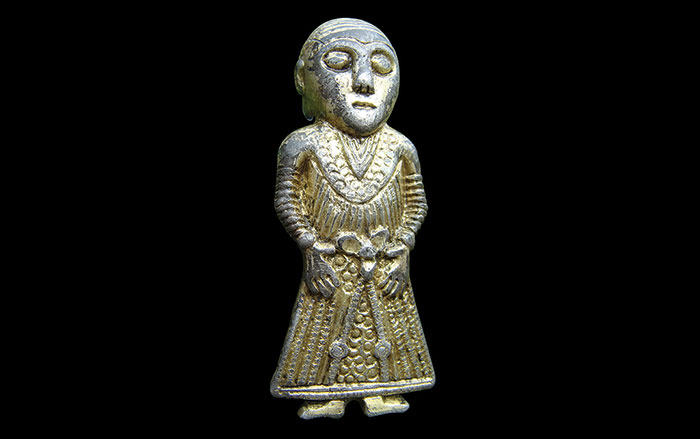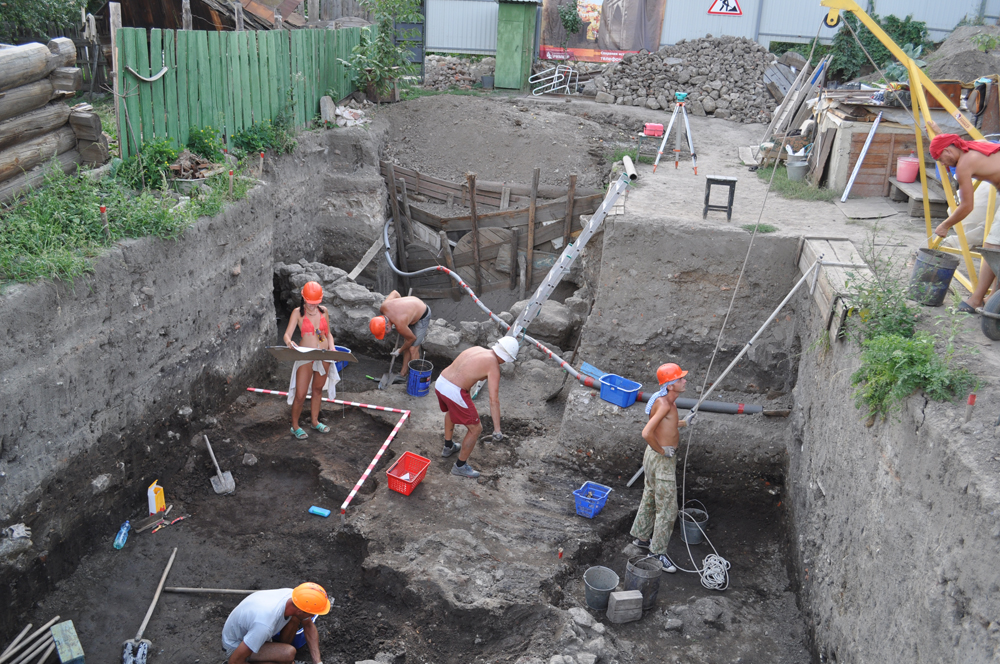
ISTANBUL, TURKEY—A thirteenth-century city founded by Batu Khan, a descendant of Genghis Khan, is being excavated in Russia. Located along the Volga River, this prosperous city, known as Ukek, was part of the Golden Horde kingdom, which controlled many of the Silk Road trade routes connecting China and Europe. Christianity, Islam, and Shamanism were all practiced in Ukek. Archaeologists from the Saratov Regional Museum of Local Lore are currently excavating two temples in the city’s Christian quarter. The earlier temple had a tile roof and was decorated inside and out with murals and stone carvings. “Some items belonging to the local elite were found in the Christian district. Among other things, there is a Chinese glass hair pin, with a head shaped as a split pomegranate, and a fragment of a bone plate with a carved dragon image,” archaeologist Dmitriy Kubankin told Live Science. Goods such as imported fine plates and bottles were found stored in the temple’s basement. When that temple was destroyed, a second was built with stone walls and a tile roof. The city was eventually conquered by Tamerlane in 1395. Kubankin presented his team’s findings at the recent meeting of the European Association of Archaeologists. To read about the excavation of medieval fortifications in Siberia, see ARCHAEOLOGY's "Fortress of Solitude."


